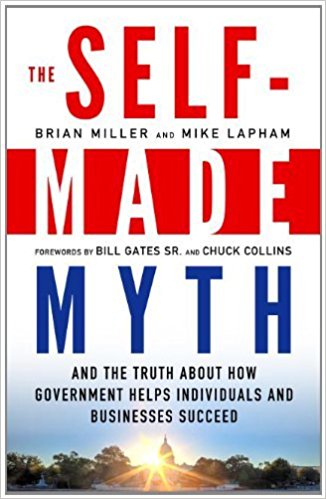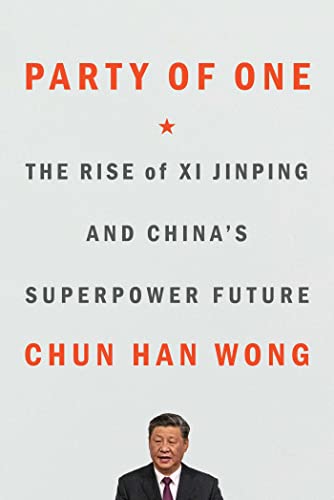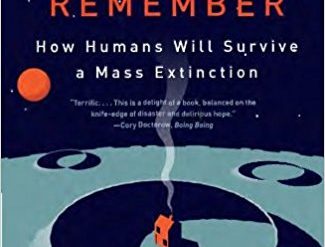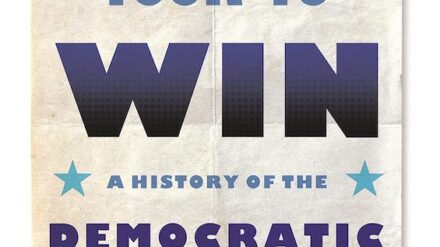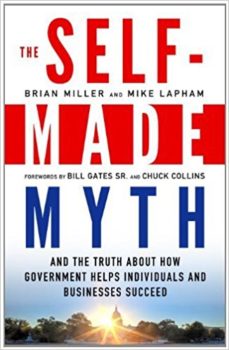
Last week the Republican majority in the House of Representatives passed a budget that slashes taxes for corporations and high-income taxpayers while drastically cutting federal assistance for food and other safety-net programs. It’s hard to imagine a more dramatic expression of contemporary “conservative” ideology that dominates today’s ongoing political debate. It’s straight out of Atlas Shrugged, based on the tragically misguided notion that brilliant, driven individuals produce the country’s wealth and are solely responsible for creating jobs for the rest of us.
Brian Miller and Mike Lapham’s thoughtful and impeccably reasoned new book, The Self-Made Myth, goes straight to the heart of the conservative argument that favors limited government and coddling the rich. Rather than quibble about this program or that issue, or fasten on the transparently shoddy logic of a Republican budget that promises to reduce the federal deficit when in fact it will surely increase it, Miller and Lapham’s argument strikes at the fundamental values and assumptions underlying today’s conservatism.
The Self-Made Myth, and the Truth About How Government Helps Individuals and Businesses Succeed by Brian Miller and Mike Lapham (2012) 218 pages ★★★★★
For more than a century, the U.S. public has been in thrall to the dangerous fiction of the self-reliant hero propagated by more than 100 of Horatio Alger’s novels and decades of self-promotion by 20th Century corporate leaders and self-help gurus, with their most extreme expression in the works of Ayn Rand, notably Atlas Shrugged.
Now, finally, we have in one slim, well-executed volume an answer to the claptrap that lies at the heart of the right-wing politics which has driven American democracy to the brink of extinction over the past three decades.
First, they argue, the self-made myth overlooks the accidents of geography and history. “Being born in this country is the ingredient that most reliably determines whether a person has the opportunity to become wealthy [and . . . o]f the 75 richest people in all human history, 14 were Americans born between 1831 and 1840, including John D. Rockefeller, Jay Gould, J. P. Morgan, Frederick Weyerhauser, and Andrew Carnegie.” Time and place matter.
How people really get rich
Then the authors cite the circumstances of personal history that also are significant factors in determining one’s potential to become rich: race, gender, and (even more so) whether the parents are rich, not to mention such other factors as whether and where one goes to college.
Then comes a fundamental set of questions about the business environment in which fortunes are built: a strong currency, a judicial system that upholds contracts, a predictable set of rules for ownership and investing, protections for intellectual property through patents and copyrights, and the physical infrastructure of our nation, including the interstate highway system, bridges, tunnels, and ports, all of which would never come about if it weren’t for government (and almost exclusively the federal government).
Finally, in delving further into the argument at the core of the book, Miller and Lapham pose these questions: “Did Mr. Self-Made Man grow up in a VA or FHA-funded house? Attend a public school or college? Go to school on the GI Bill, Pell Grants, or student loans? Does he claim a mortgage interest tax deduction every year? Does he support his retired parents out of pocket, or does Social Security do it for him? [And] does his employer get government contracts or subsidies that make his paycheck possible?”
Corporate welfare is key
As extensive as is this list of factors, there’s more. For example, take Charles and David Koch, who have spent “hundreds of millions of dollars over the years demonizing government and promoting pure free-market capitalism.” The Koch brothers can hardly be viewed as avatars of the self-reliant business geniuses their ideology celebrates. They started their fortune with $300 million inherited from their father, and they “have been unashamed recipients of corporate welfare. The brothers graze cattle and harvest timber on public lands, reaping the profits while paying minuscule fees. They use the government’s power of eminent domain to obtain routes for their thousands of miles of gas and oil pipelines. They even take advantage of direct government subsidies to produce ethanol. This last bit of public largesse is especially ironic, since ethanol subsidies are the kind of government spending that is a perennial target of the Cato Institute, a libertarian think tank backed by Charles Koch since its founding in 1977.”
The Koch brothers call President Obama a socialist. Yet they “have no problem doing business with a real socialist when there is profit to be made: since 1998 they have been partners in a fertilizer factory with a state-run firm in Hugo Chavez’s Venezuela.”
Miller and Lapham devote a chapter in their book to analyses like the above, profiling the many advantages enjoyed by Donald Trump and Ross Perot as well. In a much longer chapter, they introduce 14 other business owners and leaders, all of whom describe in their own words how their circumstances, and especially government investments, helped them succeed in business. Among the profiles are famous names — Warren Buffett, Ben Cohen of Ben & Jerry’s, and Abigail Disney — as well as others known largely in their own communities or industries.
Policy changes can lessen economic inequality
The book concludes with a long list of policy changes the authors advocate to shift the federal government’s emphasis from the self-made myth to what they call the “built-together reality” — changes in tax policy, public investment choices, and regulations, chiefly of financial institutions.
Any public official who professes to be progressive or even liberal should read this book forthwith. So should anyone engaged in economic activism or the news media. If you fall into none of these categories but simply wish to understand better what makes our society tick, read The Self-Made Myth. This is one of the freshest and most important contributions in many years to the public discourse about the future of the United States.
For further reading
Like to read books about business? Check out My 10 favorite books about business history.
And check out Good books about economic inequality.
If you enjoy reading nonfiction in general, you might also enjoy:
- Science explained in 10 excellent popular books
- Great biographies I’ve reviewed: my 10 favorites
- Top 10 nonfiction books about politics
And you can always find my most popular reviews, and the most recent ones, plus a guide to this whole site, on the Home Page.

